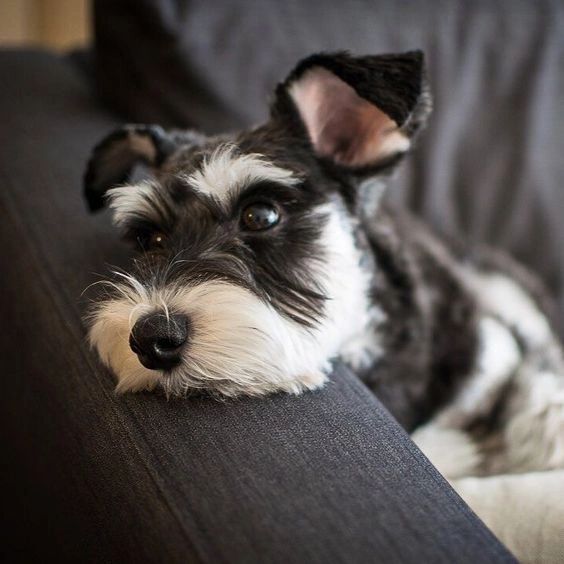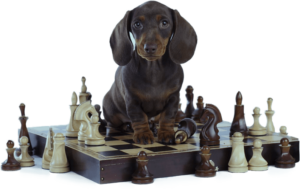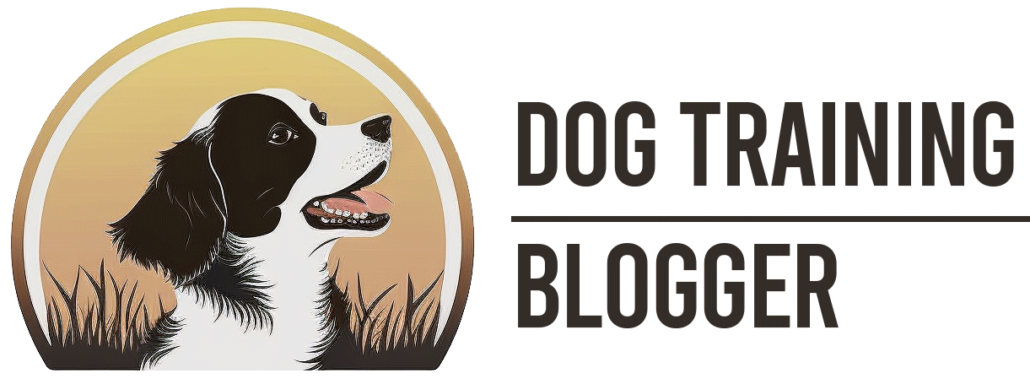Planning for Your Puppy’s First Days at Home
In this quick guide, we’re going on an adventure together to help prepare you and your new puppy for those exciting, yet sometimes challenging, first days at home.
We’ll cover everything you need to know, step by step, in a way that’s easy to understand and fun to read. So, let’s get started!
How do I prepare for my puppy’s first days at home?
Make sure you have a comfortable space, essential supplies, and a well-planned routine to help your puppy settle in smoothly.
Preparing for your puppy’s arrival involves creating a cozy environment, gathering necessary supplies like food, toys, and a crate, and establishing a routine that includes playtime, feeding, and potty breaks.
This will help your pup feel at ease and create a strong foundation for a happy, well-adjusted life together.
| Key Takeaways | |
|---|---|
| Comfortable space | Set up a cozy and safe area for your puppy |
| Essential supplies | Gather food, toys, crate, and other necessities |
| Planned routine | Establish a schedule for playtime, feeding, and toilet breaks |
| Patience and understanding | Be prepared for accidents (many) and adjustments |
| Socialization | Expose your puppy to different people, animals, and environments |
| Start training early | Begin basic obedience training and housebreaking |
Puppy’s Needs and Development
Understanding your puppy’s needs and development stages will help you provide the best care possible.
Puppies grow rapidly during their first few months, requiring more frequent meals and lots of sleep. They also need positive socialization and exposure to various situations to develop confidence and adaptability.

Importance of Early Training
Early training helps puppies learn good habits and prevents undesirable behaviors. Starting basic obedience training and housebreaking early on will help your pup become a well-behaved and happy member of your family.
Top 5 Tips
Here’s an overview of our top tips for making your puppy’s first days at home a success:
- Be patient and understanding:
Remember that your puppy is adjusting to a new environment, so be patient and offer plenty of praise and encouragement. - Stick to a routine:
A consistent routine will help your pup feel secure and make housebreaking easier. - Introduce your puppy to new experiences:
Expose your pup to different people, animals, and environments to foster confidence and adaptability. - Start training early:
Begin basic obedience training and housebreaking as soon as possible. - Don’t forget playtime:
Playtime is essential for bonding, mental stimulation, and exercise, so be sure to include plenty of fun activities in your puppy’s daily routine.
In Summary
By creating a comfortable space, gathering essential supplies, and establishing a well-planned routine, you’ll set your puppy up for success.
We did not want to overwhelm you with in-depth dog training guides here, your puppy is on its way to you, so we focused on this specifically. You can take a sneak look here at obedience training if you are interested.
Remember to be patient and understanding during this transition, and start training early to ensure a happy, well-adjusted life together. Now go on and enjoy this special time with your new furry friend!
Frequently Asked Questions
- Q: How can I make my puppy feel safe and comfortable?
A: Create a cozy space with a comfortable bed, toys, and a crate, and minimize loud noises or sudden movements to reduce stress.
- Q: What should I feed my puppy?
A: Feed your puppy a high-quality, age-appropriate dog food, and consult with your veterinarian for specific recommendations.
- Q: How often should I take my puppy outside for potty breaks?
A: Puppies need frequent potty breaks, typically every 1-2 hours, especially after meals, playtime, and naps.
- Q: When should I start socializing my puppy?
A: Start socializing your puppy as soon as possible, ideally between 3-14 weeks of age, to expose them to various people, animals, and environments.
- Q: How much sleep does a puppy need?
A: Puppies need 15-20 hours of sleep per day, depending on their age and activity level.
- Q: How can I prevent separation anxiety in my puppy?
A: Gradually increase the amount of time your puppy spends alone, and provide positive reinforcement for calm behavior during your absence.
- Q: What can I do if my puppy is scared or anxious?
A: Offer comfort, reassurance, and a calm environment. Be patient and avoid forcing your puppy into situations they find scary. Gradually expose them to new experiences while providing positive reinforcement.
Parting Words
Embarking on the journey of raising a puppy is an exciting and rewarding experience. By being prepared, patient, and understanding, you’ll create a loving bond with your new companion that will last a lifetime.
Brain Training For Your Dog




